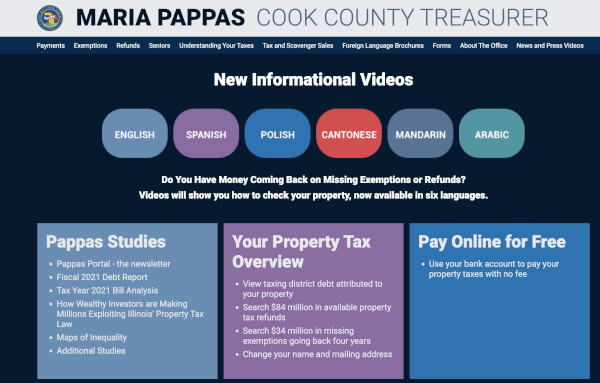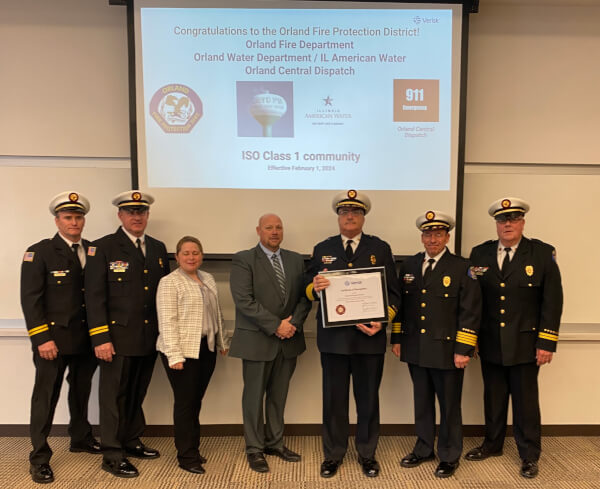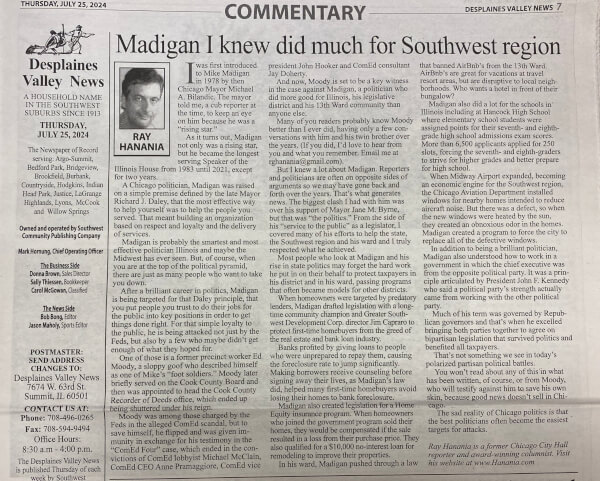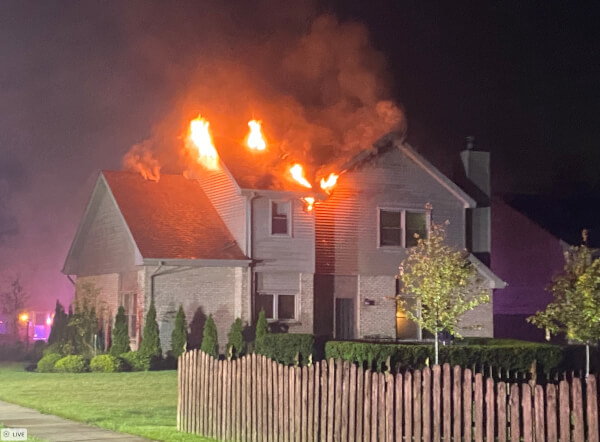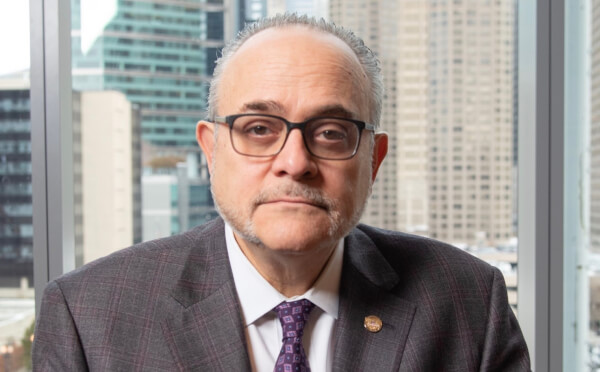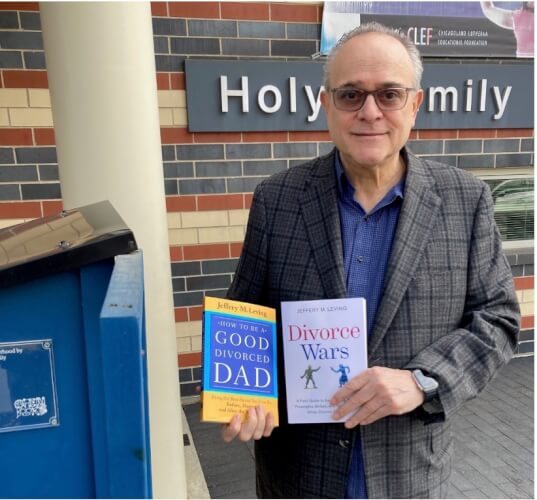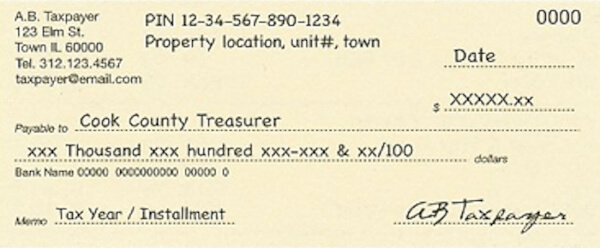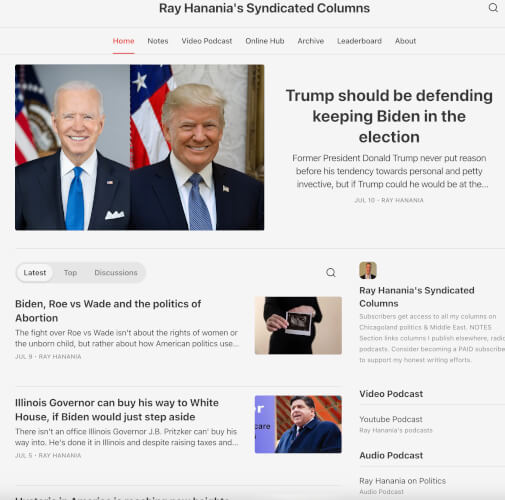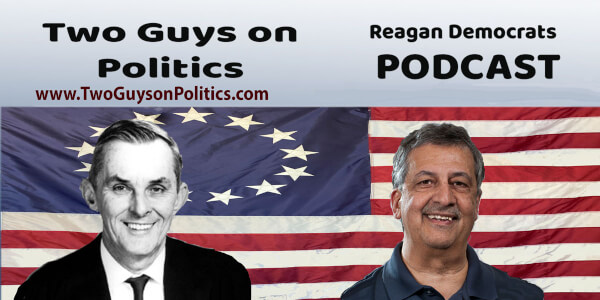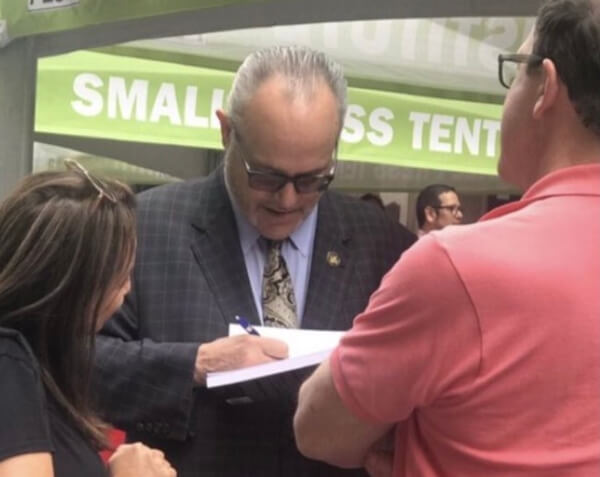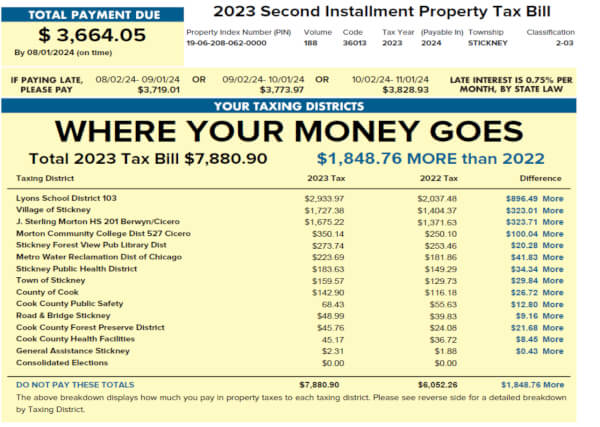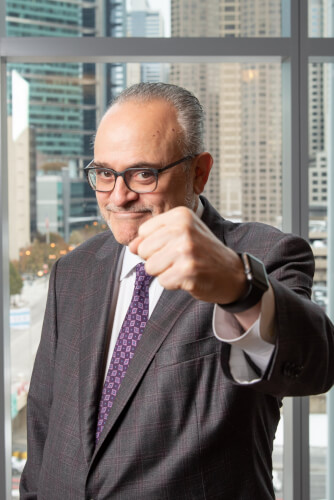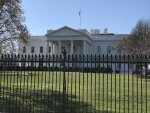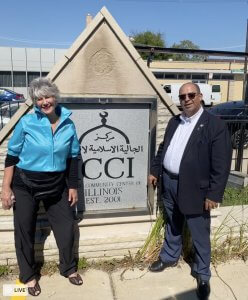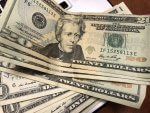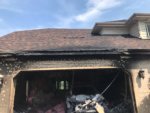Navarro defends Trump’s Trade policies on CNBC
CNBC Transcript: National Trade Council Director Peter Navarro Speaks with CNBC’s Rick Santelli Today, Thursday April 5, 2018
The following is the unofficial transcript of a CNBC interview with National Trade Council Director Peter Navarro and CNBC’s Rick Santelli on CNBC’s “Squawk on the Street” (M-F 9AM – 11AM) today Thursday, April 5, 2018.
Click here for a link to video from the interview on CNBC.com:
Rick Santelli: hi, Carl. And yes, indeed. Thank you. And Peter Navarro, welcome. You’re a popular man right now in more ways than one. Thank you for joining me this morning.
Peter Navarro: my good friend, rick. How are you? How are things out there in the Midwest?
Santelli: hey, things in the Midwest – and that’ll be part of the discussion today. There’s a lot of uncertainty in the Midwest, and we’ll get to that. But i guess the best place to start, peter, as I step back and try to look at all the comments I hear about what the trump administration is trying to accomplish on trade, what i see is the big issue is pitting the process and the procedures, which many people are not comfortable with versus the actual policy which many, including Jamie Dimon, seem to be okay with. Maybe we can talk about that. The process of how you are advising the president with regard to what you’d like to accomplish, but how you’re going about doing it?

Navarro: sure, sure, rick. Let’s start from the biggest picture of all. We’ve got a four points of the compass strategy to drive economic growth, wages, and jobs here in the great united states. President Trump has cut taxes, deregulation, unleashing our energy sector. When it comes to trade, the vision here, the strategic vision, is to get to a world not dominated by massive trade imbalances driven by unfair, nonreciprocal trade practices, but rather to a world of free trade.
And in order to get from here to there, President Donald J. Trump is doing what he said he was going to do on the campaign trail, which is taking steps through trade policy, through active trade policy, to try to bring that world about. It’s very bullish for this economy. The four-point compass plan is very bullish. And we think that corporate America and workers will be much better off if we can get to that place, and we’ve been moving to that place.
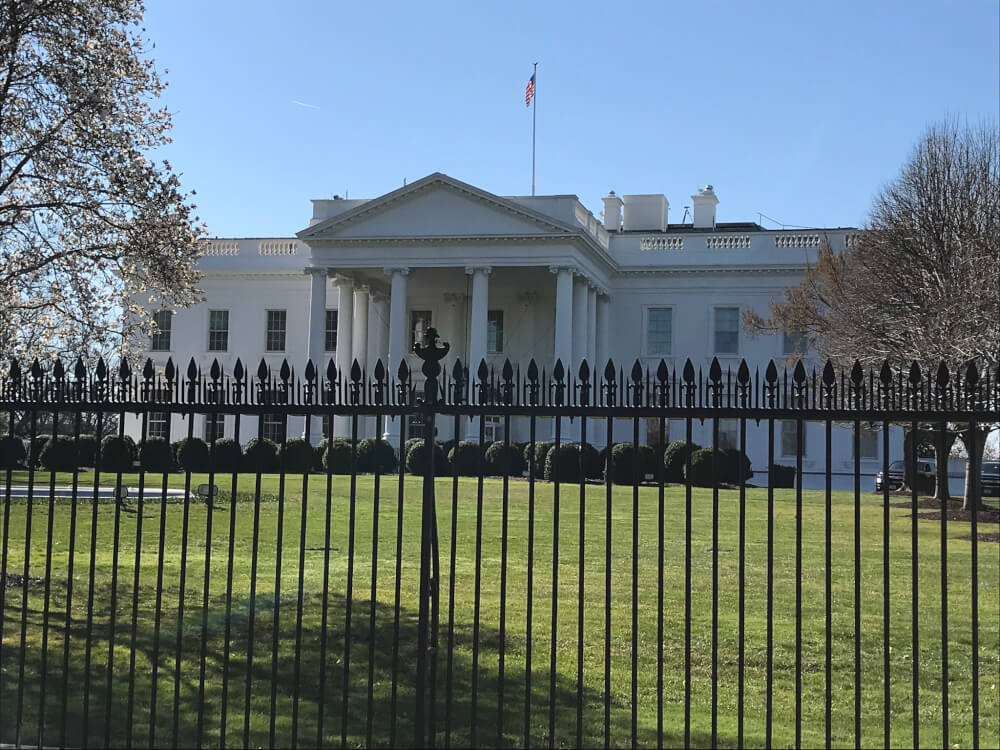
Santelli: let me interrupt you right there, peter. Let me interrupt you. I agree with everything you’ve said. The president talked about many of these issues, especially with trade and china in particular and Europe as well and other points around the globe, about how trade could improve. The issue is many – many of his critics, especially economists, have two big issues. They feel it’s just too spur of the moment, too flippant, that he just speaks very off the cuff regarding this and that his poster for this is the trade balance with individual countries and economists seem to have a problem with that. Can you address those two issues?
Navarro: sure. Let’s talk about process first. I mean, it’s counterfactual that any of this thing is unsystemic. We go back to the campaign where President Trump identified back in June of 2016 exactly what he would be doing if he were elected president. And all of the things that were in that speech are coming to fruition, including 232 investigations on steel and aluminum, 301 investigation on intellectual property. I mean, he said exactly — now, what happened when he took office? We went into a process which was over many months. The good news here is from the inner agency process, every agency of government as well as everybody inside this perimeter of the white house is united behind the goal of reducing Chinese intellectual property theft and ending this pernicious practice of forced technology transfer, so this has been a lengthy process.
Even now when the president has imposed $50 billion in tariffs to basically recover the harm china does to us with its unfair trade practices, we’re going to go through 60 days of comment, hear from everybody about that, and see where we are at the end of it. Meanwhile, there’s going to be discussions ongoing between ambassador lighthizer and Treasury Secretary Mnuchin on our side and officials on the other side, to try to get to some place where china stops doing what it’s doing in terms of its aggressive attacks on the economy. And so all of this is systematic.
Santelli: and so, you know, let me stop you again, peter. So, basically from that timetable — from that timetable, I mean, we have months and months and months before the words actually get put in a form where they could have some bite. And in between then and now, you think a lot can change. Am i saying that — am I interpreting –
Navarro: exactly. And let’s think about process. I mean, let’s go back to January. This administration, president trump, had the courage to impose tariffs on solar and washing machines. He was criticized for that, but that was a process that went on many months before through the international trade commission, in a way very orderly and systemic way. They came up with a good decision president trump implemented it and what happened? We got a flood of new investment into this country so that washing machines will now built in American factories by American hands.
Santelli: no, and I see that. Peter, today we had the most recent read on the trade balance, which of course is a deficit. And it was, you know, a little north of 57 billion. And if you go back, and I think we have the chart, that actually is the widest the trade deficit has been in 9 1/2 years. October of ‘08. And once again, I get back to the fact that if you really describe what a trade deficit, whether it’s month over month, year over year, with any given or group of countries, economists would fill chapters of books explaining it. They have a real problem thinking that this is a zero-sum game. But, I think to explain it to people and to talk to his base, you put it a certain way. But do you think that in your mind the issue is not necessarily a zero-sum game with the trade deficit? Is it more than that? Can you express it in more macro terms that economists might be more receptive to?
Navarro: sure. A couple things. Let’s talk about why deficits matter and then why we need to get to a balanced trade situation. If you think about trade deficits, our view is that for every billion dollars of deficit that we run that’s driven by unfair trade practices, basically ships off about 6,000 jobs to other countries. And so if you aggregate that up, say with the European deficit of $150 billion trade deficit in goods, that’s over a million jobs that we lose because of unfair trade. So that’s not a sustainable equilibrium. What we’re trying to do with that deficit, which is close to about $500 billion a year, is get that down. And there’s another big reason Warren Buffett refers to a phenomenon called “conquest by purchase.”
And what it means is if you run unsustainable, big deficits year in, year out and foreigners accumulate trillions of dollars of our wealth essentially, they come back, and they buy our assets here. And basically, over time, it’s like a reverse mortgage in which eventually we have to turn over the keys both to our house and our cars and our factories. So we need to get to a world where we have not these massive trade imbalances, rick, that are driven by unfair trade practices, but to fair, reciprocal, and balanced trade. And that’s going to be great for the stock market. It’s going to be great for corporate America. As my good friend Larry Kudlow said the other day, “the road to free trade is—“
Santelli: real quickly, natural gas — let me interrupt you. We’re almost out of time, peter. Natural gas has always been a favorite of mine. Years ago I did a conversion to a truck from gas to natural gas. It can run on both. I think it’s just a wonderfully clean good fuel. We have a lot of LNG. And I would suspect as Wilbur Ross pointed out with one of our very own reporters Patty Dom that one of the ways to get this trade imbalance more under control would be to arrange to have more LNG exports to china. Your final thoughts on energy, and then I’d like to go to one more area that’s more Midwest concerning.
Navarro: sure, Rick. The third point of that four-point growth compass is unleashing our energy sector. And it’s amazing what president trump has done in creating an energy sector and natural gas petroleum. Now we’re exporting that to the world, no one ever imagined we could. We’re very bullish on that. We’d love to export more LNG, not just to China, but to the rest of the world. Solving our trade deficit with china with LNG, though, won’t happen. I mean, it’ll help shave a little bit off it, but that shouldn’t be viewed as a panacea. We’re going to do everything we can to sell china more LNG, more agricultural products, and more manufacturing goods. So that’s important.
Santelli: with the Midwest – with the Midwest, this is a biggie. I have such a fondness for farmers and ag business in general. I spent many years in that business, in the investment business. So, plantings are going to start soon, and even though historically there’s been a rather tight global soybean market, the issue has boiled down to that farmers may be collateral damage in these negotiations. You know, we live in a world of disrupters and different chains that get usurped and then reformed quickly. It’s an unbelievable process, and we’ve been a leader in that. What would you tell the Agra business, especially the Midwest, regarding their concerns that they also agree, they’d like things better, but they don’t want to have it all necessarily come off their backs. What would you tell them?
Navarro: that’s a great question, Rick. And let me assure you, as president trump has said, and we have a secretary of agriculture, Sonny Perdue, who has given very, very strong support to this policy with respect to china. And the secretary is doing everything he possibly can with the president’s help to make sure that we have the backs of farmers. We have the backs of farmers in this administration. They are an incredibly important part of the fabric of this society and economy and we will do everything that we can to help them. I should say lastly on this, it’s unfortunate that rather than china simply negotiate these things that they do fairly, that they’re basically responding to our legitimate defense with attacks on American farmers. I don’t think the American people are going to view that kindly when they evaluate china.
Santelli: no, I understand. But we’re all grown-ups in this room and we understand how things get. In the end, the issue isn’t about us trying to make things more fair. Another way to put it is, get everybody else in Europe and japan and China’s giant thumb off the scale and let things fall where they should. Peter Navarro, thank you for all your time. I appreciate it. And we’re going to go back to Sara.
Navarro: growth is good, Rick.
Santelli: that’s right.
About CNBC:
With CNBC in the U.S., CNBC in Asia Pacific, CNBC in Europe, Middle East and Africa, and CNBC World, CNBC is the recognized world leader in business news and provides real-time financial market coverage and business information to more than 409 million homes worldwide, including more than 91 million households in the United States and Canada. CNBC also provides daily business updates to 400 million households across China. The network’s 15 live hours a day of business programming in North America (weekdays from 4:00 a.m. – 7:00 p.m. ET) is produced at CNBC’s global headquarters in Englewood Cliffs, N.J., and includes reports from CNBC News bureaus worldwide. CNBC at night features a mix of new reality programming, CNBC’s highly successful series produced exclusively for CNBC and a number of distinctive in-house documentaries.
CNBC Digital delivers more than 50 million multi-platform unique visitors each month. CNBC.com provides real-time financial market news and information to CNBC’s investor audience. CNBC Make It is a digital destination focused on making you smarter about how you earn, save and spend your money by zeroing in on careers, leadership, entrepreneurship and personal finance.
CNBC has a vast portfolio of digital products across a variety of platforms including: CNBC.com; CNBC PRO, the premium, integrated desktop/mobile service that provides live access to CNBC programming, exclusive video content and global market data and analysis; a suite of CNBC mobile products including the CNBC Apps for ios, Android and Windows devices; and additional products such as the CNBC App for the Apple Watch and Apple TV.
For more information about NBC Universal, please click here.

